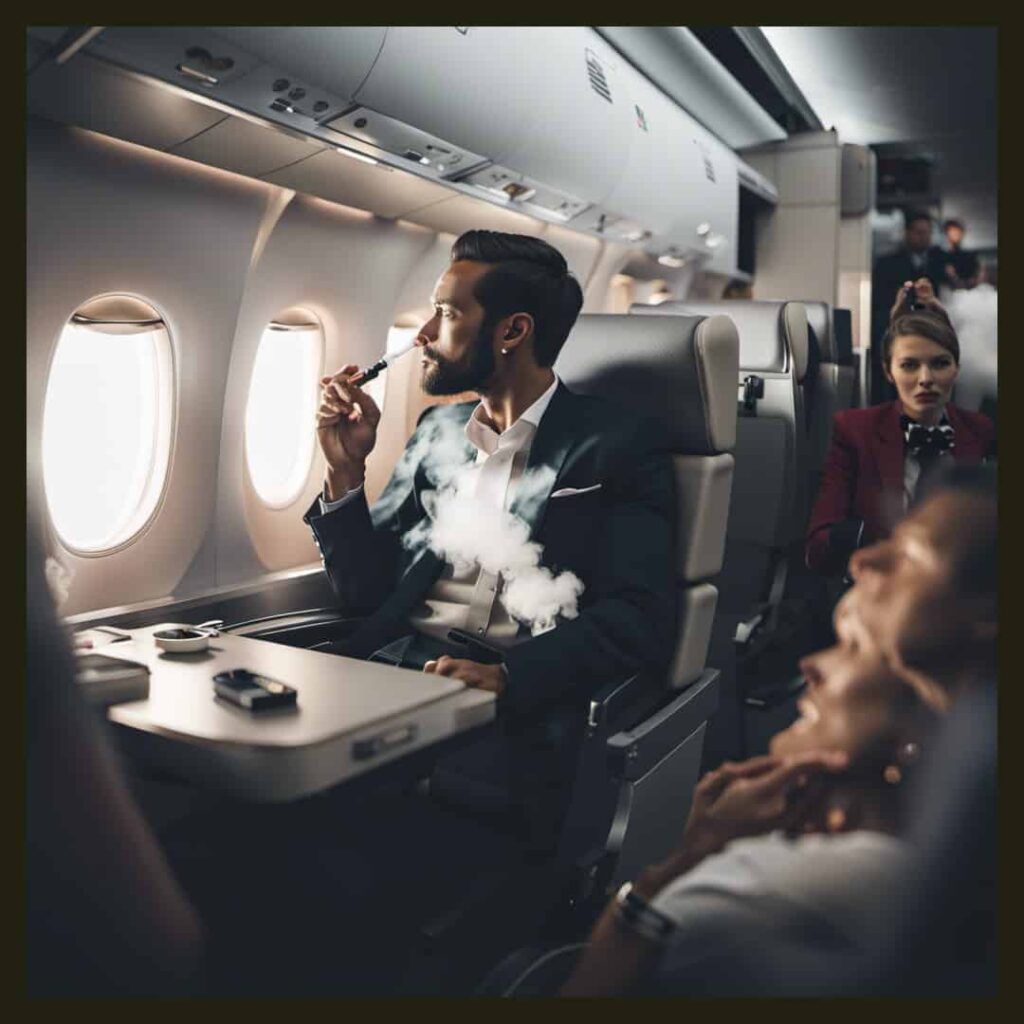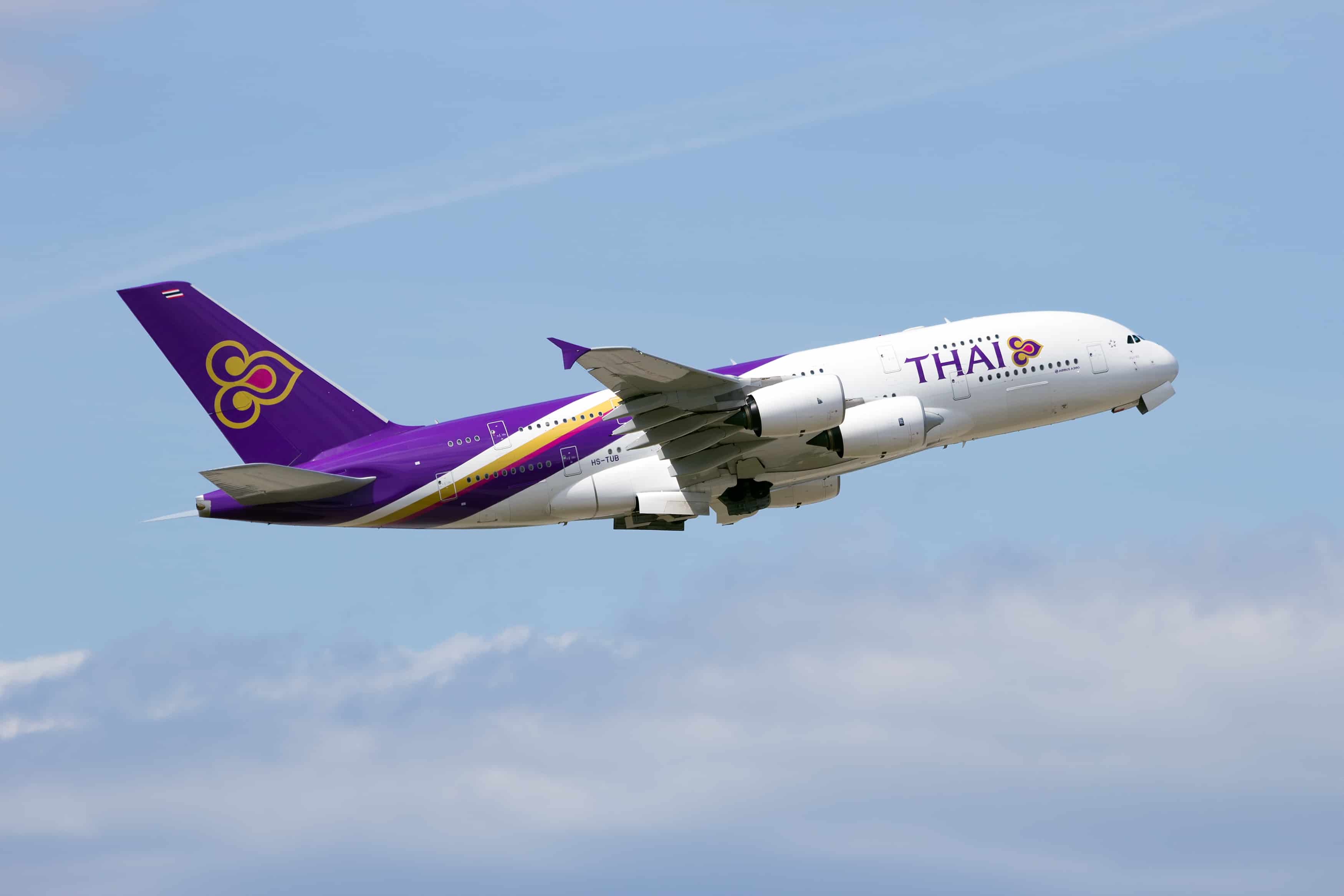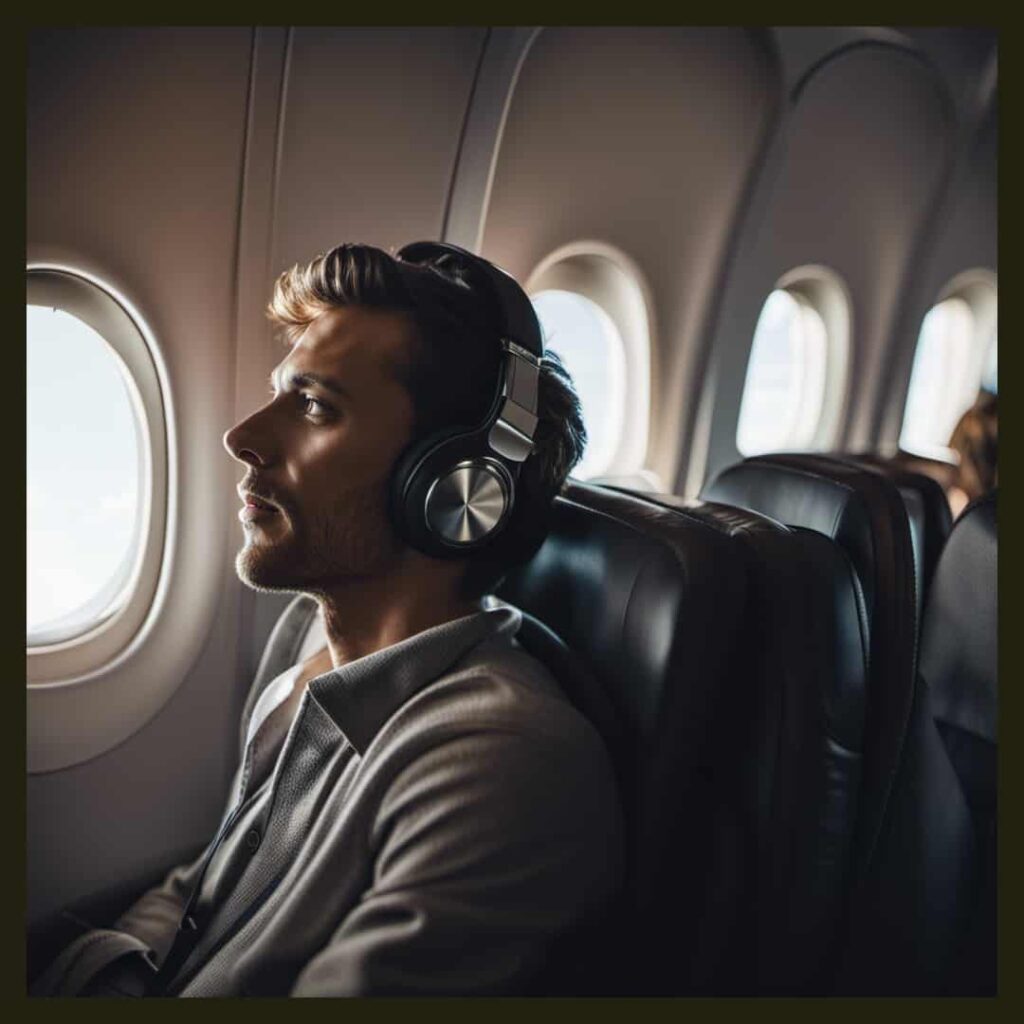Travelers often face questions regarding the items they are allowed to carry on a plane, especially when it comes to items with regulations such as electronic cigarettes or vapes.
As vaping has become more popular, understanding the rules and restrictions regarding traveling with vapes is essential, particularly when traveling to countries like Thailand with strict vaping regulations.
Thailand is known for its beautiful destinations, but it is also a country with stringent policies on electronic cigarettes.
Flying with vapes to Thailand requires some precautions. The TSA permits electronic cigarettes in carry-on baggage.
Navigating these regulations while planning your trip is vital, as you’ll need to be aware of the potential risks and penalties if you decide to travel with your vape gear. Being well-informed will ensure a smooth and hassle-free trip.
Key Takeaways
- Be aware of strict vape regulations when traveling to Thailand
- Understand potential penalties and fines associated with carrying vape paraphernalia
- Familiarize yourself with air travel policies on vapes and related items

Vape Regulations in Thailand
Thailand has strict regulations when it comes to vaping and e-cigarettes. Since 2014, vaping in Thailand is illegal.
The ban encompasses both the possession and usage of vaping devices. This applies to locals and foreign travelers alike.
Individuals found with vape devices may face severe consequences. Fines up to 30,000 Baht (around 945 USD) or even jail sentences up to 10 years can be imposed.
Importing e-cigarettes into the country is also against the law. Travelers bringing vape devices into Thailand risk facing on-the-spot fines or other penalties.
Airports may have different regulations regarding carrying e-cigarettes in hand luggage. However, using them in Thailand is still prohibited.
Penalties and Fines
Vaping in Thailand has been illegal since 2014, with strict penalties for those who violate the law. Offenders could face fines of up to 30,000 Baht (approximately 945 USD) or even a jail sentence of up to 10 years.
This ban applies to both vaping and e-cigarettes, making the possession and use of these products risky for travelers. If caught, an on-the-spot fine of 30,000 baht (about US$895.50) can be issued.
In more severe cases, violators may be sentenced to jail for up to 10 years. Regardless of the penalty, a police officer will confiscate the traveler’s vaping equipment.
These laws and penalties apply to both Thai citizens and foreign visitors. Thus, it is essential for travelers to be aware of the restrictions and potential consequences.
It is worth noting that the ban also extends to e-cigarette sales and juice refills, making it challenging for vapers to find supplies even if they manage to bring their vape equipment to Thailand.

Air Travel with Vapes
Flying with vapes to Thailand requires some precautions. The TSA permits electronic cigarettes in carry-on baggage.
Batteries must be removed from devices. Spare lithium batteries, like those used in vaping devices, should also be in carry-ons. Proper storage is crucial to avoid fire hazards.
You can pack liquids in carry-on bags. Make sure e-juice containers are no larger than 3.4 oz or 100 ml. All liquids must fit in a 1-quart or 950 ml bag.
Check airline regulations. Some may have specific policies for electronic cigarettes. It’s important to follow their guidelines.
When considering luggage, place your vaping devices and accessories in your carry-on. The Royal Flush Vape guide explains that e-cigarettes mustn’t be stored in checked luggage due to potential fire risks.
While air travel with vapes is allowed, the Thailand government bans importing electronic cigarettes. Be aware that using electronic cigarettes can lead to fines or even arrest.
Keep these regulations in mind when planning your flights to ensure a smooth travel experience. Don’t forget to comply with local laws and customs in Thailand regarding e-cigarettes.
Carrying Vapes in Luggage
Vaping devices can be taken on a plane, but they should be kept in your carry-on luggage. This is because they often contain lithium batteries, which present a fire hazard if stored in the plane’s cargo hold.
To comply with FAA regulations, passengers must take measures to prevent the accidental activation of their device’s heating element. Some effective measures include switching off the device or disassembling it.
As for vape juice, airlines enforce strict rules on liquid quantities. Ensure your e-juices are in containers no larger than 3.4 oz or 100 ml. All liquids, including creams and aerosols, should fit into a 1-quart or 950 ml bag when traveling in carry-on luggage.
Airport security personnel will be vigilant, as vapes are considered an electronic smoking device. Be transparent about your vape and related items to avoid potential delays or confiscations.
Regarding vaporizers, similar rules apply as with vapes. Keep them in your carry-on baggage, accompanied by any necessary lithium batteries. Ensure proper security measures are taken to prevent accidental activation.
In terms of safety, it is crucial to follow these rules and guidelines for carrying your vape gear on a plane. Not only will this help guarantee a hassle-free travel experience, but it will also ensure the well-being of all passengers on board.

Banned Substances and Devices
Thailand has strict regulations on vaping and e-cigarettes. It is illegal since 2014, and possession may result in a fine of up to 30,000 Baht or a jail sentence of up to 10 years. Vapes, e-cigarettes, and refills are all prohibited, and attempting to bring them into the country may lead to confiscation and penalties.
Flying with vapes or e-cigarettes is also restricted. The TSA allows them in carry-on bags but not in checked luggage. Accidental activation of the heating element must be prevented according to FAA regulations.
When it comes to marijuana and its related substances, Thailand has a selective stance. Medical marijuana is legal under specific regulations, whereas recreational use remains prohibited. Weed, THC vapes, and products with over 0.3% THC are considered illegal.
CBD oil, on the other hand, is legal in Thailand as long as it meets the requirement of containing 0.2% THC or less. Travelers should be cautious when carrying CBD products, ensuring compliance with local laws to avoid legal consequences.
Regarding other substances, nicotine pouches are legal, and aerosol products like deodorants or hairsprays are allowed on planes in limited quantities. It is important to check airline regulations for specific details on their restrictions.
In the age of social media, travelers should be mindful of their actions. Sharing content related to banned substances, such as weed or THC vapes, on platforms like Twitter may attract legal consequences. Lastly, remember that trying to bring banned substances or devices into Thailand is risky and may result in severe penalties.

Legal Aspects and Restrictions
Vaping in Thailand is prohibited since 2014 due to public health concerns and the potential to attract young people to smoking. Legalities imposed on e-cigarettes and associated items make it inadvisable for travelers to bring them into the country.
In terms of export or supply, e-cigarettes, vape bars, oils, and other liquid refills are all banned. This means that travelers should avoid carrying any such equipment upon entering Thailand. For more information, refer to this.
Public areas, be it private or public establishments, have restrictions on vaping. Tourists must be aware of these rules to avoid any legal complications.
The penalty for being caught with a vape can be severe. Fines can reach up to 30,000 Baht (around 945 USD) or lead to up to a 10-year imprisonment.
Carry-on baggage restrictions are important when considering air travel. Although some airports permit passengers to have e-cigarettes in their hand luggage, it is crucial to remember that these devices cannot be used on the plane. E-cigarettes should be safely stored and unused during the flight to comply with E-Cigarette Regulations.
Lastly, travelers using vape devices with lithium-ion batteries must follow safety guidelines and airport restrictions. It is essential to check airline regulations regarding the transportation of lithium-ion batteries to avoid any inconvenience during the trip.
Safety Measures and Tips
When traveling with vapes on a plane to Thailand, it is crucial to ensure the safety and security of your equipment. The watt-hour (Wh) rating of your vape battery is an important factor, as higher ratings may pose a fire risk. Keep your vape batteries and electronic devices in a protective case to prevent any accidents.
Remember that only a limited amount of e-juice is allowed in carry-on baggage, restricted to 100 mL or smaller bottles. Other personal care items, such as creams, toothpaste, and deodorant, must also adhere to these TSA guidelines. Carry these liquids, gels, and pastes in a single 1-quart plastic bag to comply with airport security protocols.
While aboard the flight, it is generally prohibited to use vapes or alternative nicotine products, as they might trigger the smoke detector. Trying to vape on a plane can lead to strict consequences. Instead, consider waiting to use your vape until you reach a designated smoking lounge or smoking area at the destination.
Taking your vape to Thailand should be done with caution. Despite availability in tourist spots like Koh Samui and Phuket, vaping is not legal in the country and may lead to arrest, fines, or deportation. Always follow local laws and customs when using vape devices and cartridges abroad.
For the most up-to-date advice and guidance on traveling with vapes, watch YouTube videos from experienced travelers or consult with professionals in the industry. Enjoy your trip to Thailand and stay safe by following these essential tips and regulations regarding vape usage.
Frequently Asked Questions
Can I bring a vape on a flight to Thailand?
No, bringing vapes to Thailand is illegal, and it’s best to avoid carrying them on flights to the country. Getting caught with a vape in Thailand can result in fines or imprisonment.
Is it legal to purchase vapes in Phuket?
Vaping and e-cigarettes are illegal in Thailand, including Phuket. Buying or using vapes in the country can lead to fines or even jail time.
What are the rules for packing vapes on international flights?
While some airports allow travelers to carry e-cigarettes in their hand luggage, it’s crucial to check with individual airlines for their specific rules. However, since vapes are illegal in Thailand, it’s best not to bring them if your destination is Thailand.
Can I carry a vape through customs in Thailand?
No, carrying vapes and e-cigarettes through customs in Thailand is illegal and can result in fines or imprisonment.
Are vapes available at convenience stores in Thailand?
Vapes are illegal in Thailand, so they are not available in convenience stores or other retail outlets in the country.
Is smoking allowed in public places in Thailand?
Thailand has strict regulations on smoking in public places, such as restaurants, bars, and transportation hubs. Some designated smoking areas are available, but it’s important to be aware of the local laws to avoid fines or penalties6.



